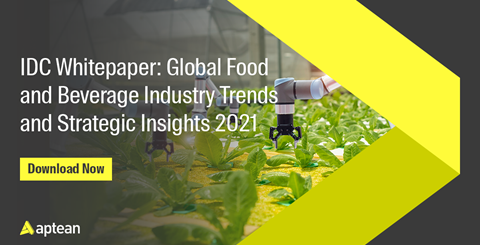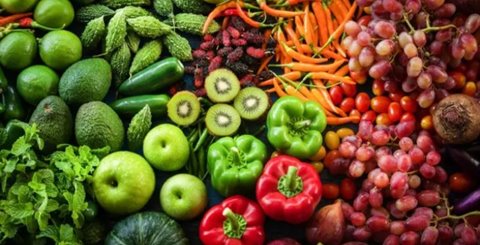How Digitalization Can Improve Your Food Business
The food industry, with its critical focus on both cost and quality while being under strict health and safety requirements, is progressively investing in components of digitalization. To define digitalization, we refer to ‘the optimization of a business process through the adoption of a host of new digital technologies.’ With the possibility to expose and change every business process through an aspect of digitization, it will be up to every food business owner on how fast they will try to leverage these benefits into their company/ upgrade their processes.
Let’s have a look at three opportunities that digitalization can offer to your food business.
Detailed analytics for your supply and demand forecast
As each part of the food supply chain is now able to generate data that can be sourced and analyzed, many new ways to conduct smart analytics are becoming widely available. Demand forecasting can be used to both help to generate more insights into what stimulates sales but also save on expenses through optimizing the use of the production capacity and limit food waste. An upcoming food trend is the delivery of locally grown fresh food, which serves as a great example of a logistical food process that can only succeed with these advanced tools in place to correctly monitor inventory levels and shelf life.
Smart connected sensors for improved logistical management
Another area where digitalization can have a significant impact is through the Internet of Things. This enables the use smart connected sensors to track and monitor all the processes throughout the facility. Consequently, the maintenance system for your logistical equipment can shift to become proactive and predictive through the use of warning notifications. Besides the maintenance, information on equipment failures also become more visible, which can help shorten the reaction time and the consequent damage in cases like refrigeration failures.
Blockchain to enable transparency
Consumers are expecting food companies to be transparent and honest regarding the information around to the supply chain of their products. As the need and importance for traceability continues to grow, a technology like Blockchain, will continue to spread with it. Since blockchain can enable the consumer to easily track and identify the quality and origin of food products, food companies will be forced to see if they want to adopt this technology or go with an alternative facilitating method.
Interested to look at the possibilities for your food business? Get started with the world’s foremost food solution!
 Nederlands
Nederlands English
English



